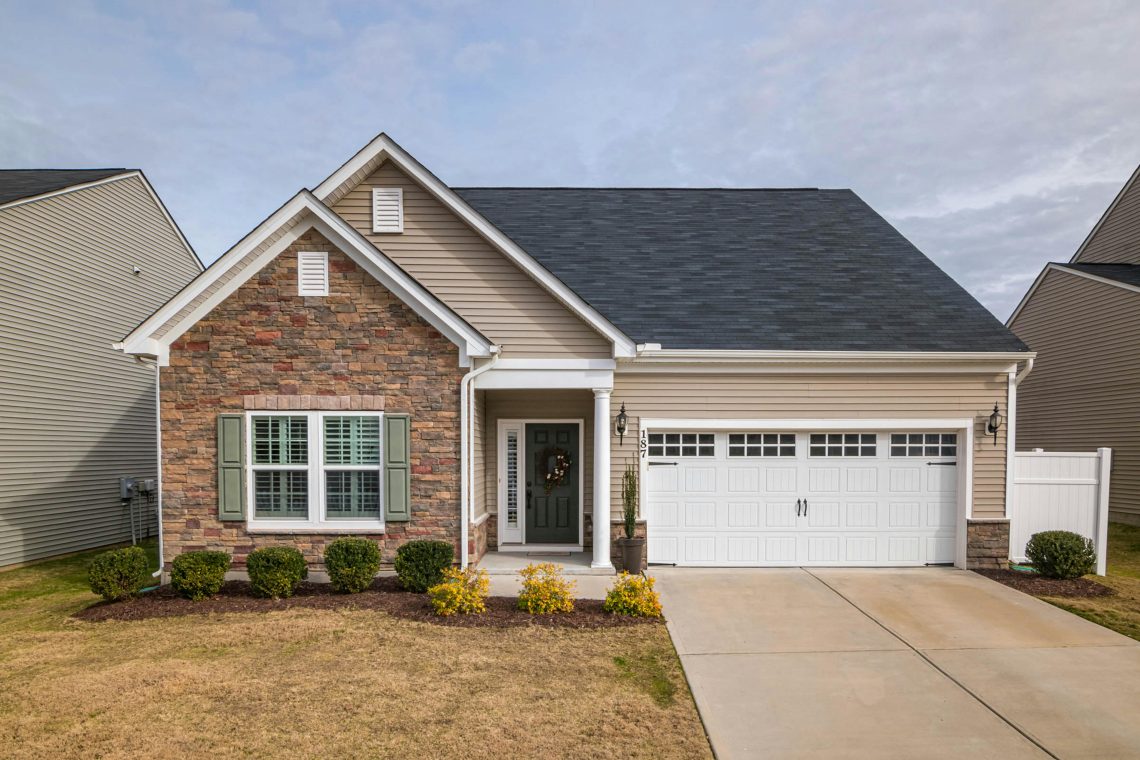
Understanding the Difference Between Homeowners Insurance and Renters Insurance
When it comes to protecting your home and belongings, insurance is a vital tool. However, the type of insurance you need depends on your living situation. Two common types of coverage—homeowners insurance and renters insurance—serve similar purposes but are designed for very different circumstances. Understanding the difference between the two is crucial for ensuring you have the proper protection in place.
What is Homeowners Insurance?
Homeowners insurance is designed for individuals who own the home in which they live. It provides comprehensive coverage that includes protection for the structure of the house itself, personal belongings inside the home, and liability if someone is injured on the insurance property. Most policies also offer coverage for additional living expenses if the house becomes uninhabitable due to a covered event, such as a fire or severe storm.
A standard homeowners insurance policy typically includes the following:
- Dwelling coverage: Pays to repair or rebuild the home if it’s damaged by covered perils such as fire, windstorms, or vandalism.
- Other structures coverage: Protects detached structures, such as garages, fences, or sheds.
- Personal property coverage: Covers personal belongings, including furniture, electronics, and clothing.
- Liability protection: Provides legal defense and damages if you’re found responsible for injuries or property damage.
- Loss of use: Covers temporary living expenses if you’re displaced from your home.
Since homeowners own both the building and the land, their insurance must cover the physical structure and its associated risks.
What is Renters Insurance?
Renters insurance, on the other hand, is designed for tenants who lease or rent their living space. Unlike homeowners insurance, it does not cover the building or structure—that responsibility lies with the landlord. Instead, renters insurance focuses on protecting the tenant’s personal belongings and liability.
A typical renters insurance policy includes:
- Personal property coverage: Reimburses for loss or damage to possessions due to events like theft, fire, or water damage (not including floods).
- Liability protection: This coverage provides for legal expenses and damages if you accidentally cause harm to others or their property.
- Additional living expenses: Pays for hotel stays or temporary accommodations if your rental becomes uninhabitable due to a covered event.
Renters insurance is usually much more affordable than homeowners insurance because it covers fewer risks. It’s often overlooked but can be a lifesaver in the event of theft, fire, or accidental damage.
Key Differences
The primary difference between the two lies in ownership and the items being insured. Homeowners insurance covers the home’s structure and the land it sits on, whereas renters insurance only covers the tenant’s personal property and liability. In both cases, liability protection and coverage for living expenses are standard; however, the scope of property coverage differs significantly.
Contact Us
Both homeowners and renters insurance provide valuable protection, but they are tailored to different needs. If you own your home, homeowners insurance is essential to safeguard your investment. If you rent, renters insurance is a low-cost way to protect your belongings and shield yourself from liability. Understanding these distinctions ensures that you’re adequately covered, no matter where you live.
Get an affordable homeowners insurance quote by calling us at (541) 318-8835 or click here to connect with us online.




